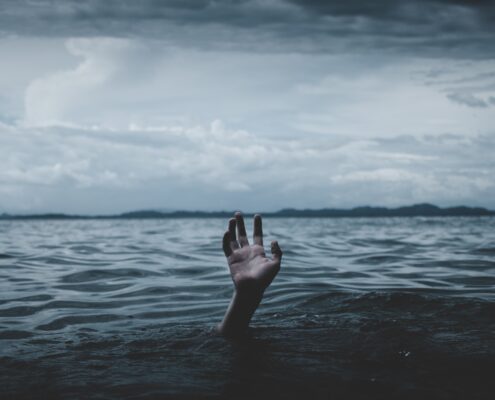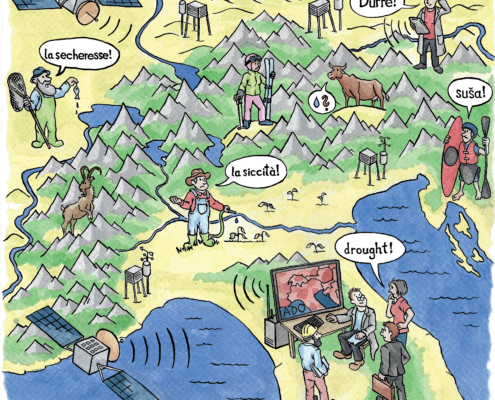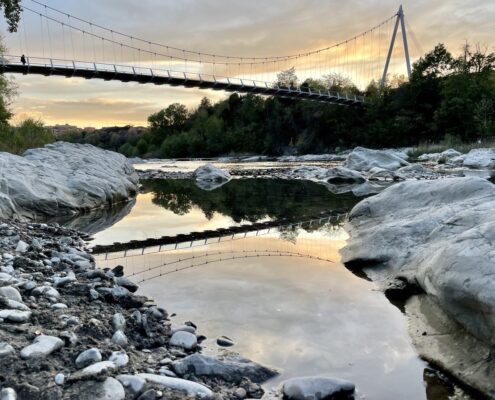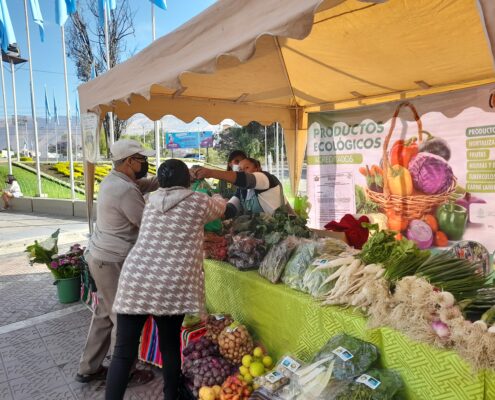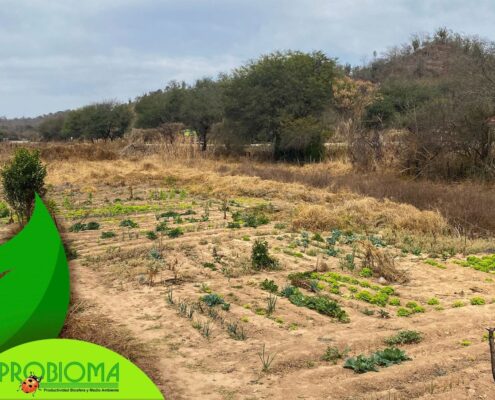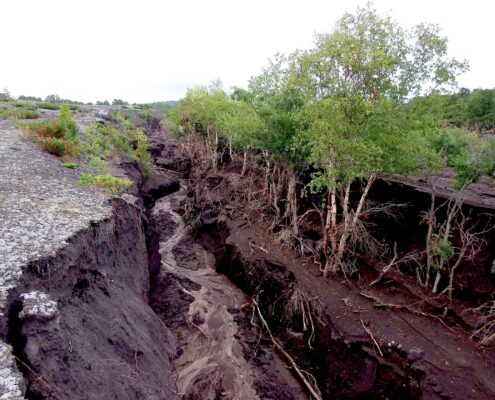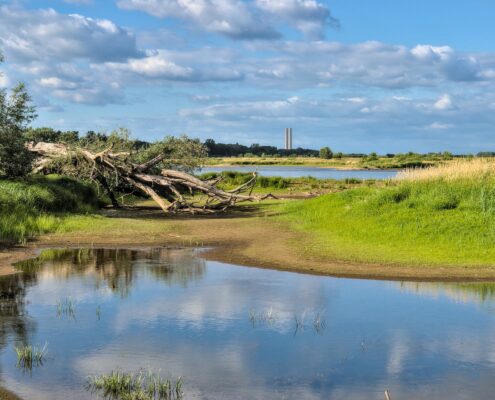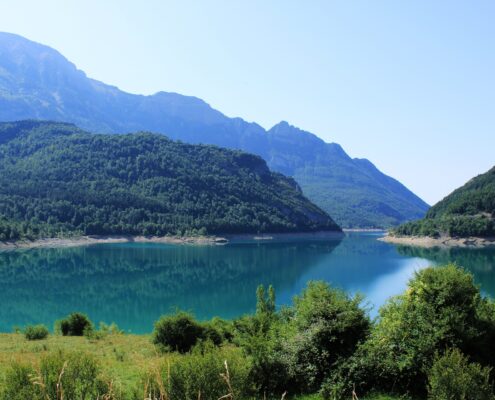 https://greenmarked.it/wp-content/uploads/2023/07/lago-water-reservoir-bubal-4373406.jpg
1280
1920
Barbara Centis
https://greenmarked.it/wp-content/uploads/2022/01/LOGO-GREENMARKED-SITO-600x600.png
Barbara Centis2023-07-17 09:12:322024-05-16 10:19:19Water Emergency is the New Normal in Trentino
https://greenmarked.it/wp-content/uploads/2023/07/lago-water-reservoir-bubal-4373406.jpg
1280
1920
Barbara Centis
https://greenmarked.it/wp-content/uploads/2022/01/LOGO-GREENMARKED-SITO-600x600.png
Barbara Centis2023-07-17 09:12:322024-05-16 10:19:19Water Emergency is the New Normal in TrentinoOtober 10, 2022
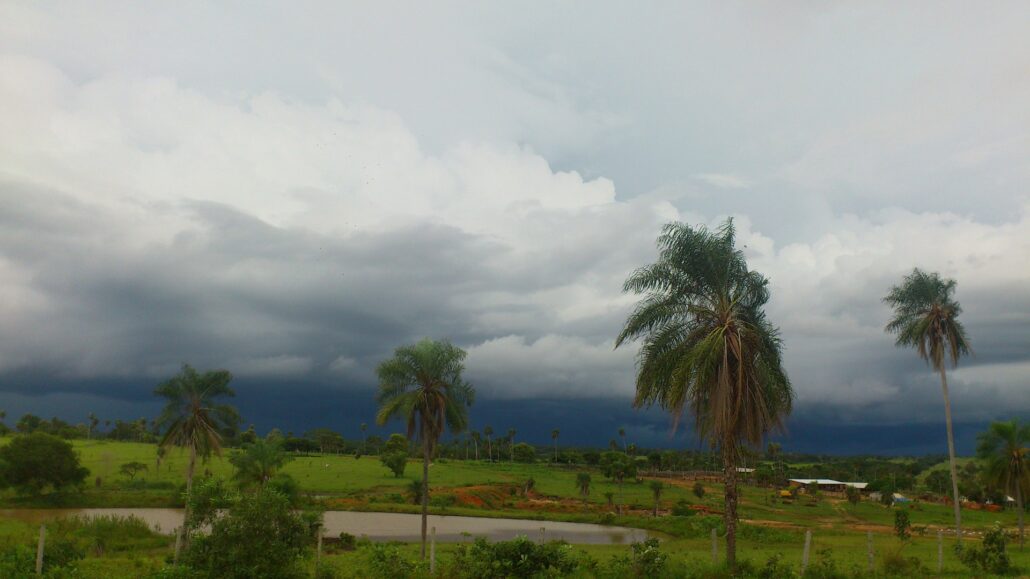
Intensive monocultural farming based on agrochemicals and transgenic crops is provenly unsustainable and has a great impact on worldwide forests [1] [2]. As never before, the Chiquitanía, a tropical region in the Bolivian department of Santa Cruz de la Sierra, has been hit by severe droughts caused by the catastrophic 2018-2019 wildfires. Large areas of forestland were burnt and hundreds of local communities devasted because their lifestyles and food supply depended on forests.
The droughts and fires continue also today and are linked to a growing deforestation activity in the region. Worsened by Evo Morales’ (2015-2019) laws and decrees that favor land trafficking, the expansion of the agricultural frontier has kept destroying forested areas through slash-and-burn practices. Land is deforested, soil eroded, water courses are dried out.
In the Chiquitanía region, rivers, streams and lakes are literally disappearing. Illegal damns put up by cattle and agribusiness farms have made the San Lorenzo river so dry that hardly any water arrives to the communities. Lake Cáceres in Puerto Suarez is also drying out. Lake Concepción has practically disappeared because its tributaries have been diverted and contaminated by agrochemicals used for transgenic soybeans. Lake Guapomo, in San Ignacio de Velasco, and the river at Aguas Calientes keep receiving untreated sewage inputs [3].
Authorities have not made enough effort to tackle the issue. Although the misuse or contamination of environmental elements has been verified and confirmed by official public report [4], no sanction or countermeasure against agribusiness and cattle farmers has been enforced. This forced communities to buy what little water is left and share it with their animals and crops.
Undoubtedly, this situation cannot continue. Access to water is a human right and pursuing illegal actions that hinder the access to water by downstream communities is a crime that cannot be allowed and that must be denounced.
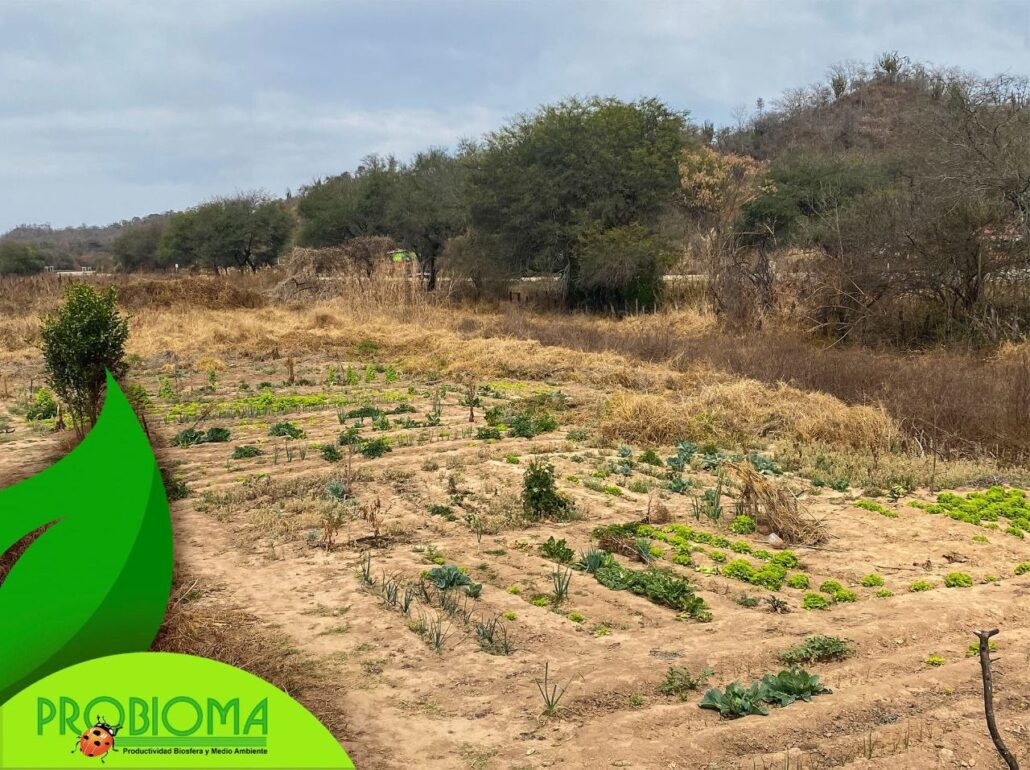
Fig. 1: A dry agroecological parcel in the Chiquitanía (Probioma, August 2022).
Related articles:
References:
[1] IPBES. (2019). Global assessment report on biodiversity and ecosystem services of the Intergovernmental Science-Policy Platform on Biodiversity and Ecosystem Services. E. S. Brondizio, J. Settele, S. Díaz, and H. T. Ngo (editors). IPBES secretariat, Bonn, Germany. https://ipbes.net/global-assessment
[2]. IPCC. (2019). Climate Change and Land. An IPCC Special Report on climate change, desertification, land degradation, sustainable land management, food security, and greenhouse gas fluxes in terrestrial ecosystems. Intergovernmental Panel on Climate Change. https://www.ipcc.ch/site/assets/uploads/sites/4/2021/02/210202-IPCCJ7230-SRCCL-Complete-BOOK-HRES.pdf
[3] Technical report by Probioma
[4] Inspection report by the Municipality of Santa Cruz de la Sierra.
Cover image: Typical landscape of the Chiquitanía region at San Jose de Chiquitos (David Lazarus, February 20, 2014. CC BY-SA 4.0, https://commons.wikimedia.org/w/index.php?curid=61382172).
Preview image: A dry agroecological parcel in the Chiquitanía (Probioma, August 2022).


